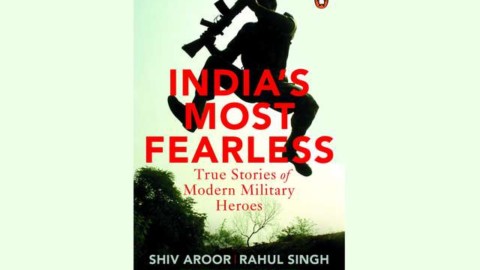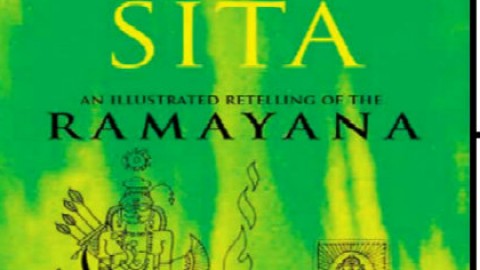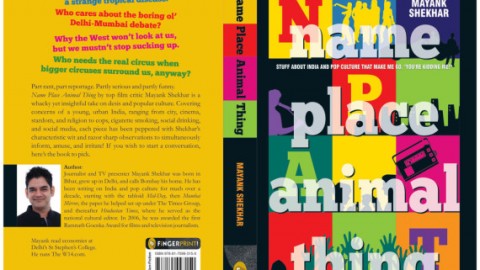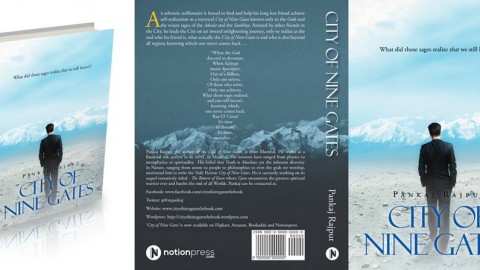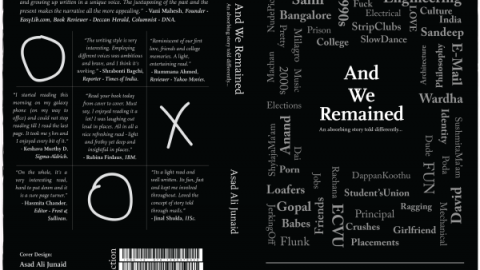Has the waiting proved worthwhile to Chetan Bhagat’s zillion fans? The indications are that it has. Chetan Bhagat does not seem to have let his readers down with his “Revolution 2020”.
Chetan Bhagat started his career as a writer of fiction with “Five Point Someone” and followed it up with “One Night @ the Call Center”, “The 3 Mistakes of My Life”, and “2 States”. “Revolution 2020” is the fifth and latest work from the author who has become a cult figure of sorts. In the wake of the phenomenal success of his earlier books many have tried to imitate him – but none has come anywhere close to him. Chetan Bhagat has proved to be simply inimitable.
Now about the book:
It all starts with a slice of Chocolate Cake. And the tale remains as tasty as a piece of rich chocolate cake. The master storyteller has certainly not lost his touch; if anything, he has honed his skills further.
Gopal, the son of a poor teacher, and Raghav, the son of an engineer, become friends with Aarti, the daughter of an honest but pragmatic IAS Officer who happens to be the DM in Varanasi.
The trio who are in Class 5 when the story starts soon outgrow school and are ready for the rat race called higher education. Raghav makes it to BHU, Varanasi, after cracking the famous JEE of the IIT’s. Gopal who doesn’t qualify in JEE goes to Kota – the place famous for the sub-human factories euphemistically known as “coaching centers” – to prepare for the next edition of JEE. Aarti, saddled with no ambition to be an engineer but nursing an ambition to become an air hostess, opts for Psychology Honours.
Gopal whose heart is filled with Aarti leaves for Kota while Aarti who has no stomach for a romantic entanglement with Gopal, and Raghav who has a passionate resolve to rid Indian society of its various ills and inequities, remain in Varanasi.
Eventually, love blossoms between Aarti and Raghav – as it often does, given sufficient chance, between a pretty girl with angelic looks and an intelligent young man with a bright future ahead of him.
A year passes and Gopal returns home after taking the JEE and AIEEE; he fails to qualify in both. Gopal’s father who had borrowed heavily for his son’s training in Kota and nursed fond hopes and unrealistic – but natural – expectations about Gopal dies out of shock and grief. Gopal, who had already lost his mother when he was a child, becomes an orphan.
Gopal’s father had a plot of agricultural land – a very valuable asset – but it had been under litigation because of his covetous, greedy brother.
Here is Gopal who has the daunting task of finding something to do and something to eat. He is introduced to Shukla-ji, an MLA, by a friend (Sunil) who sees a potential goldmine in the land belonging to Gopal. Gopal’s uncle falls in line after the not so subtle interventions of Shukla-ji. Gopal and Shuklaji go on to co-found an engineering college on the land.
Raghav chooses, after his graduation from BHU, to be a journalist with a passion to usher in a revolutionary change in the contemporary corrupt society all around him.
Aarti goes on to become a Guest Relations Officer at a five-star hotel in Varanasi.
Enough said. Now I step back from the book so that you can’t call me a spoilsport and Chetan Bhagat can’t curse me for killing his sales!
The revolution that Raghav has in mind pales before the revolutionary change in Gopal. In my opinion, “Revolution 2020”, the book, is not so much about Raghav’s vision as it is of Gopal’s dramatic transformation.
Chetan Bhagat is no Charles Dickens, Jeffrey Archer or P.G.Wodehouse. But, boy, he knows how to captivate his readers with his breezy style. His fiction is light alright but it is not what I would dismiss as ‘pulp’. Someday Chetan Bhagat might care to evolve into a gripping story-teller like Arthur Hailey whose well-researched books have awed a couple of generations of readers across the globe; he has the brains for the research and the skill with his storytelling.
There are a few – just a handful – mistakes of grammar/idiom/usage in the book; a more hawk-eyed editor might have eliminated them.
Chetan Bhagat’s handling of the “intimate” scenes is quite refined. But I think he could well have avoided the occasional F-word quite easily.
The book is well brought out; the paper is good and the printing is clean. And it is inexpensive just like the other books of Chetan Bhagat. The pricing strategy itself may have been partly responsible – just partly – for the phenomenal success of a remarkable storyteller called Chetan Bhagat.




